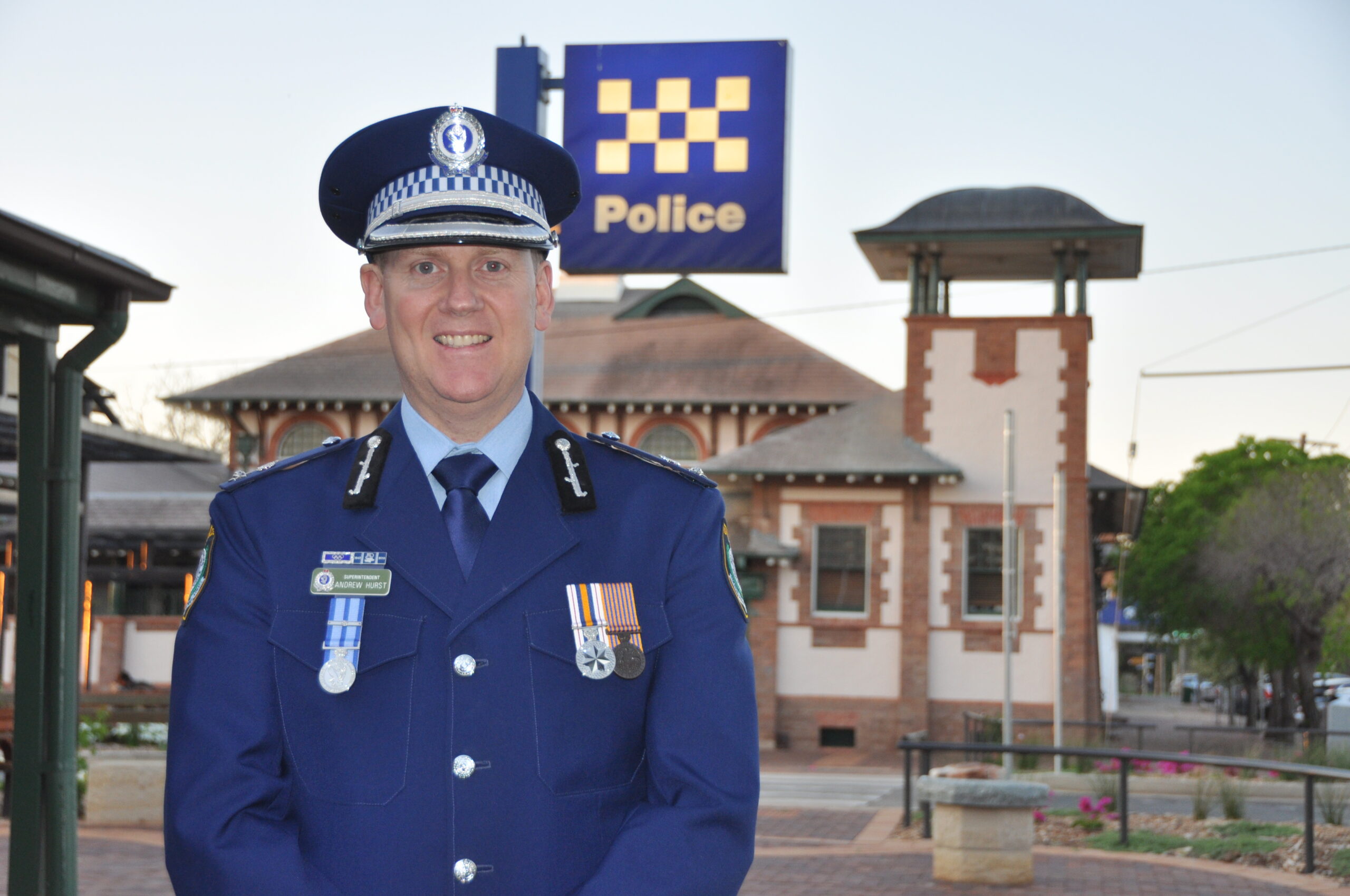Superintendent Andrew Hurst, a recently returned Churchill Fellow, has delivered a pioneering new report outlining new crucial strategies to combat Domestic and Family Violence perpetrators in Australia. Focused on prevention rather than mere response, Andrew’s Churchill Fellowship report emphasises the need for a paradigm shift in addressing these crimes.
Andrew said: “It is confronting to acknowledge someone’s daughter, relative or friend has a one in four chance of becoming a victim of violence by a current or former intimate partner in her life. This sobering statistic highlights the grim reality of intimatea partner violence in Australia,”
“It means that 20% of girls in the playground at every local school will be a victim of sexual violence, and a quarter of those same girls will be a victim of intimate partner violence sometime after they turn 15,”
“The estimated economic cost of violence against women and children in Australia stands at $26 billion annually. The case for change to move from a model of response to prevention is very clear,”
“Preventing domestic violence in Australia demands a shift from reactive measures to proactive community strategies. My Churchill Fellowship report gives actionable insights learned from overseas to drive much needed change,”
Andrew’s Churchill Fellowship took him to Canada, the United States, and the United Kingdom, where he explored innovative perpetrator interventions and multi-agency models to address intimate partner violence. Of particular note is his examination of tailored perpetrator interventions for Indigenous communities in Canada and the United States.
“Effective change requires collaborative efforts from communities, government agencies, the non-profit sector and policymakers. We need to break the cycle of violence and create lasting solutions,” said Andrew.
CEO of the Churchill Trust, Adam Davey, welcomes the report, urging decision-makers to take note: “Andrew Hurst’s report has the latest findings from overseas, learning globally and inspiring locally is precisely the Churchill Fellowship mission, and reflects the brave and decisive spirit of Sir Winston Churchill himself,”
“Andrew’s findings are critical in the fight against domestic and family violence. Decision-makers at all levels are beholden to heed these findings and recommendations to build a safer, more resilient society,” said Adam.
Andrew’s report aligns with the Australian Government’s National Plan to End Violence against Women and Children 2022–2032, unveiled on October 17, 2022. The National Plan sets ambitious goals for eradicating gender-based violence, providing a framework for coordinated efforts across government, businesses, organisations, and communities.
Andrew’s advocates for perpetrator interventions as part of a broader ecosystem of programs, addressing underlying trauma and risk factors for offending, establishing multi-agency response and prevention models, and holding perpetrators accountable while providing opportunities for attitudinal and behavioural change.
Andrew offers specific and practical recommendations gathered from best practice overseas, including: to explore a Family Justice Centre model where agencies work together in close proximity to enhance the collective ability to respond, to intervene early to prevent intimate partner violence.
Additionally, he recommends establishing a pre-court program specifically designed for early intervention and promoting behavioural change among a specific category of perpetrators.
Andrew proposes specialised Courts as a means to foster early intervention and connect perpetrators with therapeutic treatment to promote behavioural change.
Andrew’s report advises Australian State and Territory Governments to consider widespread adoption of sustainable, tailored, court-mandated interventions for intimate partner violence perpetrators to encourage lasting behavioural change.
Andrew proposes looking into the United Nations Women framework for implementing coordinated community response model for intimate partner violence which aligns the multi-agency activities of response, early intervention and primary prevention under one model.
Andrew said: “If not us, then who? If not now, then when?”
“That quote, often attributed to John Robert Lewis and former US President John F. Kennedy, holds undeniable relevance to the issue of intimate partner violence in 2023,”
“The impacts of our actions today, or lack thereof, to prevent domestic and family violence and the devastating impact on victim-survivors will be felt by future generations.”
Andrew has served in various leadership roles within the New South Wales Police Force, including as former Commander of the Central North Police District and the Crime Prevention Command. Currently, he serves as the Commander of the Transformation Strategy and Design section of the NSW Police Force Transformation Office.
As a graduate of the University of Cambridge, Andrew conducted research on predictors of high-harm intimate partner violence perpetrators, and brings a wealth of academic and practical knowledge to the table.
The Winston Churchill Trust is proud to support Andrew Hurst’s groundbreaking research, contributing valuable insights to the national effort to combat Domestic and Family Violence. Andrew’s work underscores the importance of proactive, community-driven strategies in creating lasting change.
Read Andrew Hurst’s report
